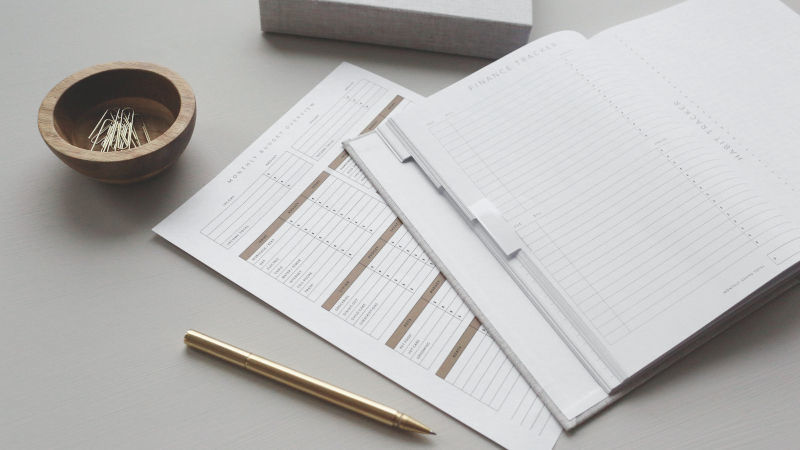Tracking monthly expenses is an essential part of managing personal finances. It is important to know where your money is going each month, in order to make informed decisions about budgeting and saving. With the rise of mobile apps and online tools, tracking expenses has become easier and more convenient than ever before. In this article, we will discuss the importance of tracking monthly expenses and provide tips for how to get started.
The Benefits of Tracking Monthly Expenses
-
Identify areas of overspending: By tracking your expenses, you can identify areas where you may be overspending. For example, you may be spending too much on dining out or entertainment. Once you identify these areas, you can make adjustments to your budget and reduce your expenses.
-
Create a realistic budget: When you track your expenses, you can create a more realistic budget based on your actual spending habits. This can help you avoid overspending and ensure that you have enough money to cover your essential expenses.
-
Stay on track with financial goals: By tracking your expenses, you can monitor your progress towards financial goals, such as paying off debt or saving for a down payment on a house. This can help you stay motivated and on track to achieve your goals.
Overall, tracking monthly expenses can be a simple yet effective way to take control of your personal finances. By making informed decisions about your spending and staying on track with your financial goals, you can create a more stable and secure financial future for yourself.
Getting Started with Tracking Monthly Expenses
But where do you start? The first step to getting started with tracking monthly expenses is to choose a tracking method that works for you. There are many different options to choose from, ranging from using a simple spreadsheet to using a mobile app for tracking monthly expenses.

Once you have chosen a tracking method, the next step is to record all of your expenses, no matter how small. This includes things like coffee, snacks, and other small purchases. These small expenses can add up over time and have a significant impact on your budget. Make sure to record each expense as soon as possible after you make the purchase, so you don’t forget about it later.
After recording your expenses, it’s important to categorize them into categories such as housing, transportation, food, and entertainment. This can help you identify areas where you may be overspending and make adjustments to your budget. You can create your own categories or use pre-existing categories in your chosen tracking method.
Based on your monthly expenses, you can then set a budget for each category. This can help you stay on track with your spending and avoid overspending. Remember to set realistic budgets that align with your financial goals.
Finally, it’s important to review your expenses regularly, such as once a week or once a month. This can help you identify any areas where you may be overspending and make adjustments to your budget. By reviewing your expenses regularly, you can stay on track with your financial goals and make informed decisions about your spending.
Conclusion
Tracking monthly expenses is an important part of managing personal finances. By identifying areas of overspending, creating a realistic budget, and staying on track with financial goals, you can achieve long-term financial success. With the wide range of mobile apps and online tools available, tracking expenses has never been easier. So, start tracking your expenses today and take control of your finances!
